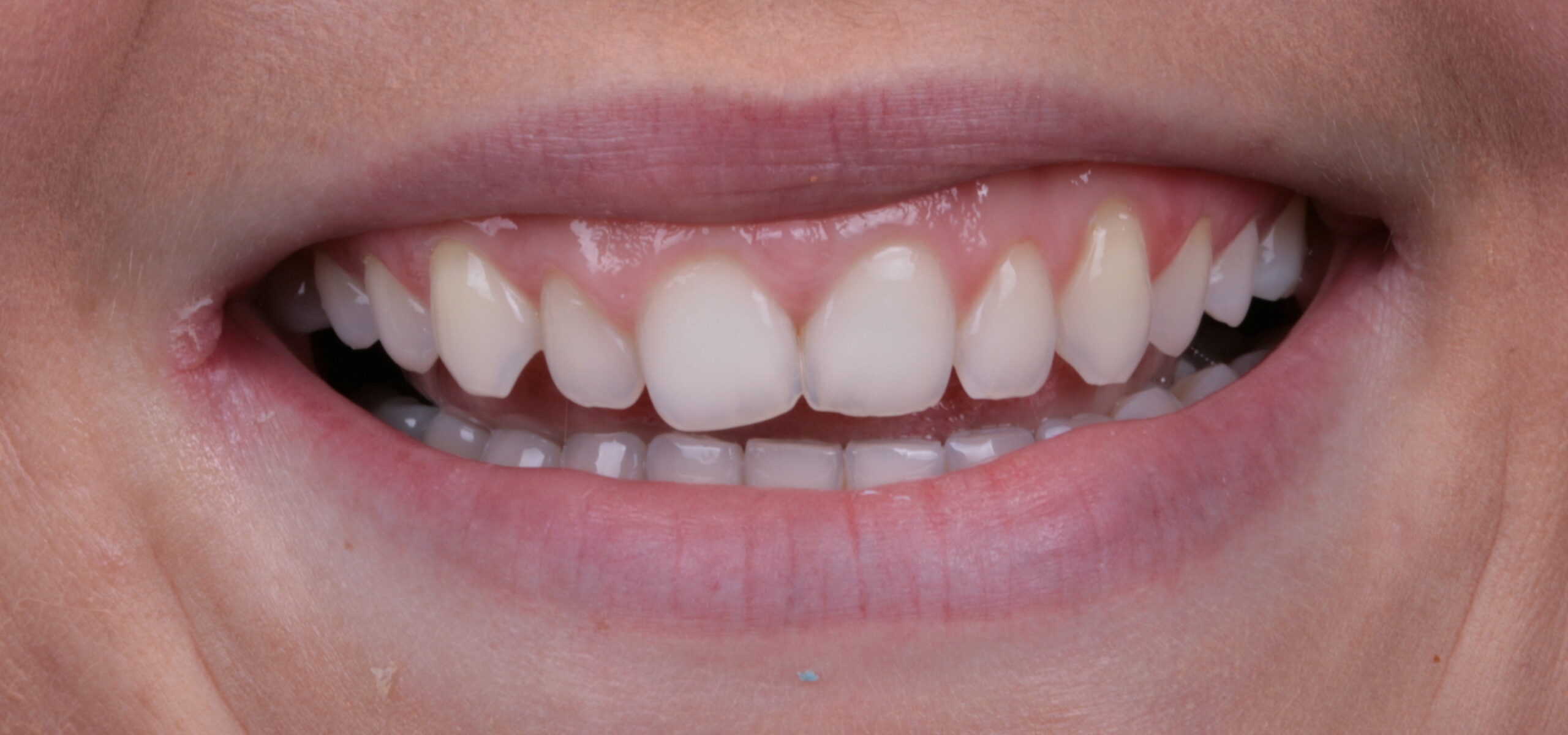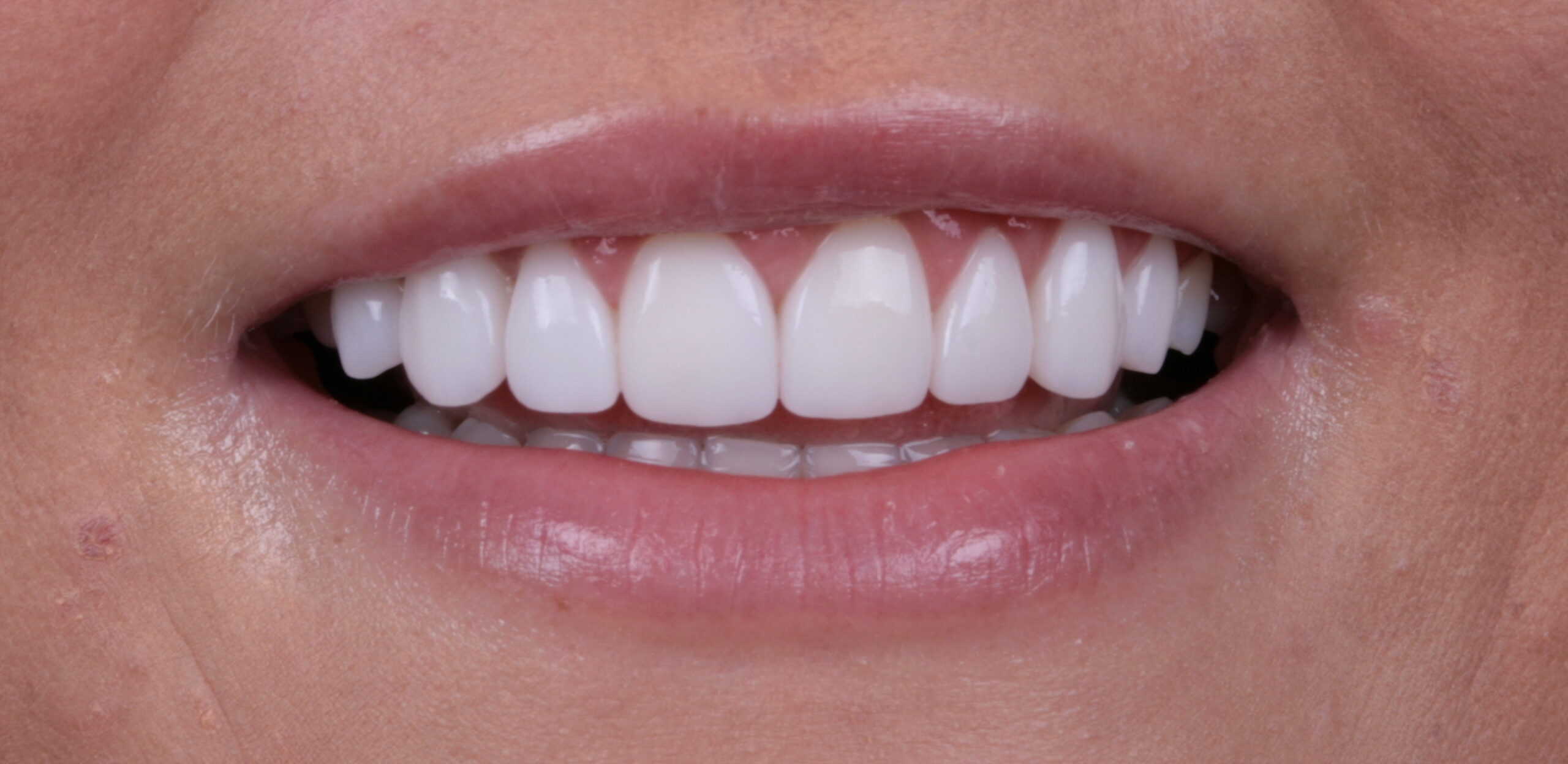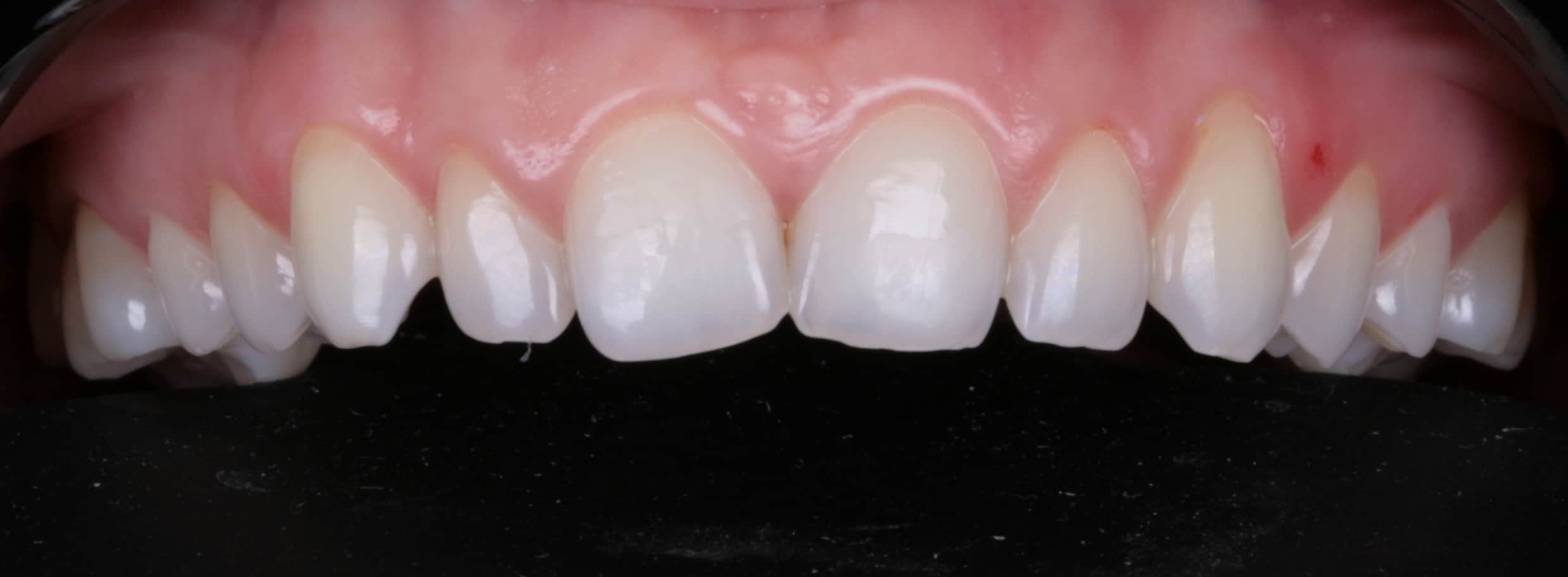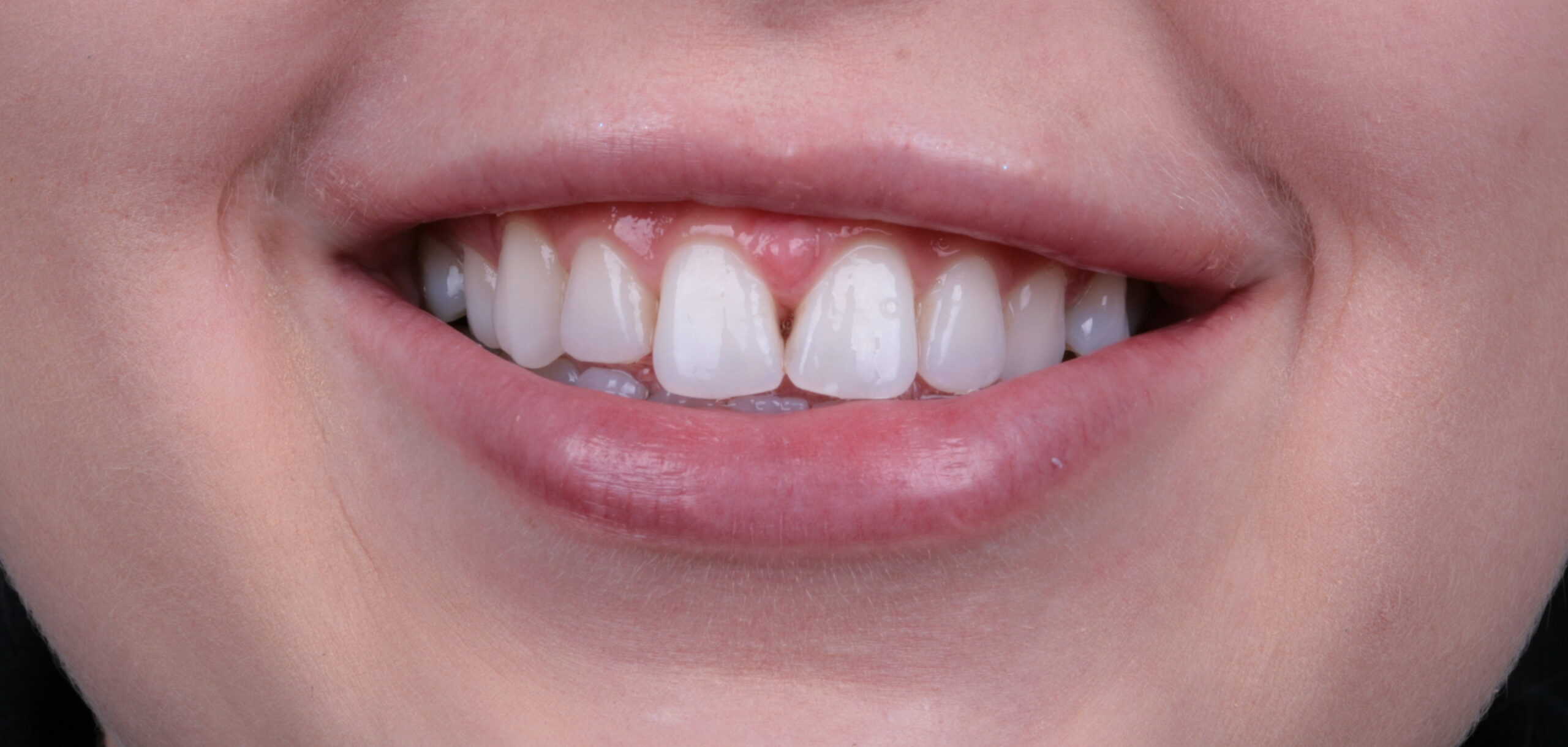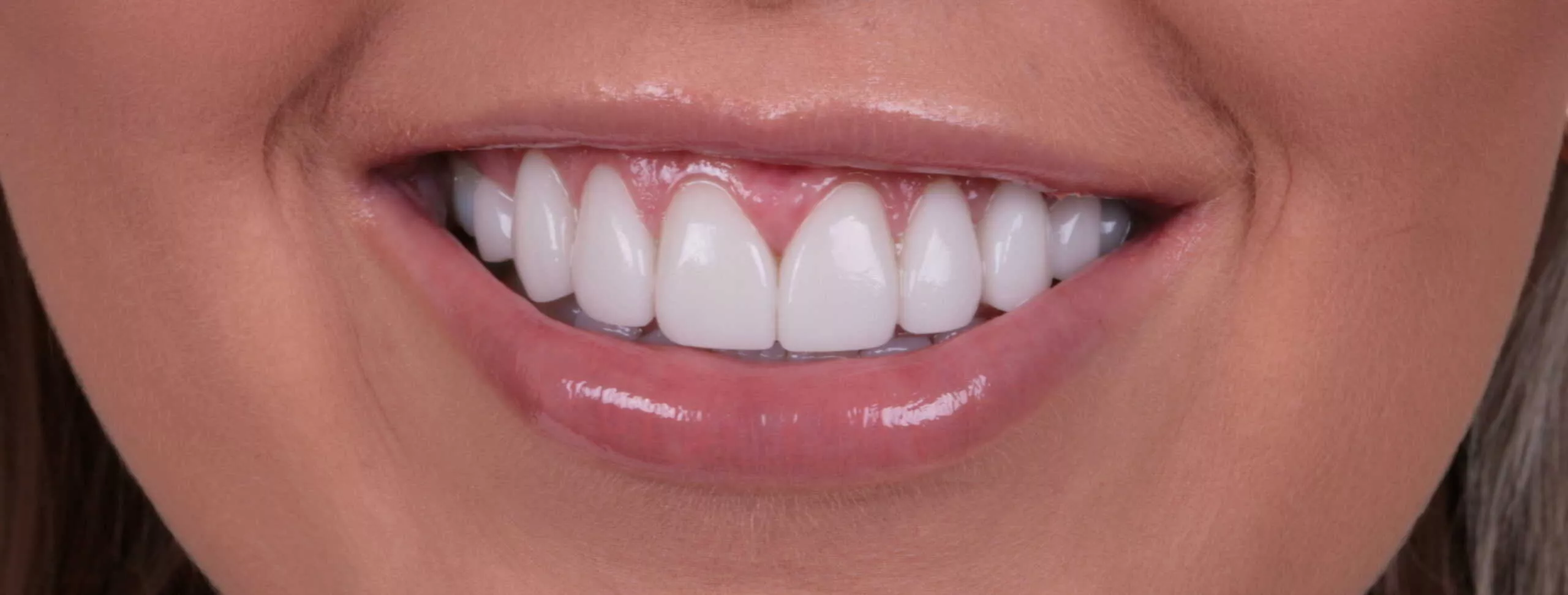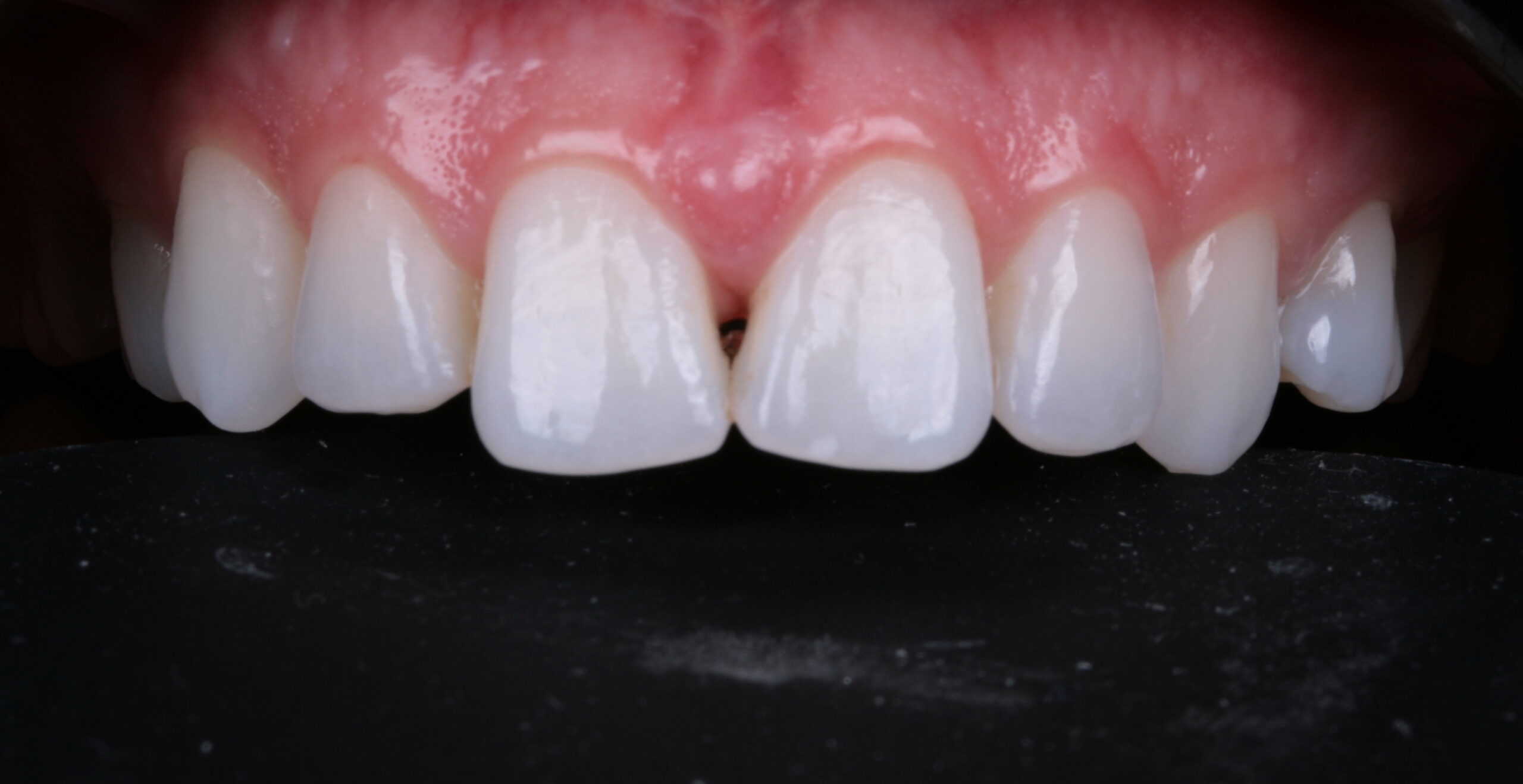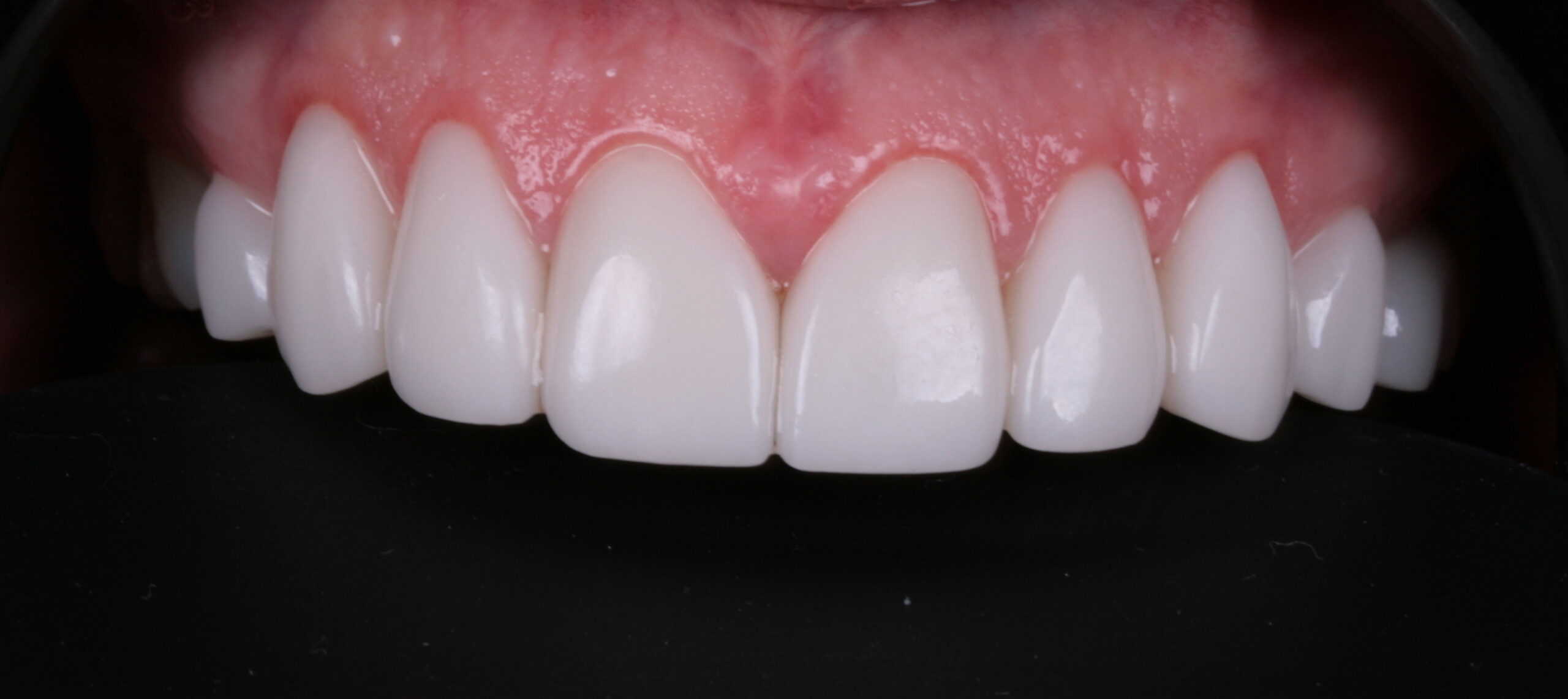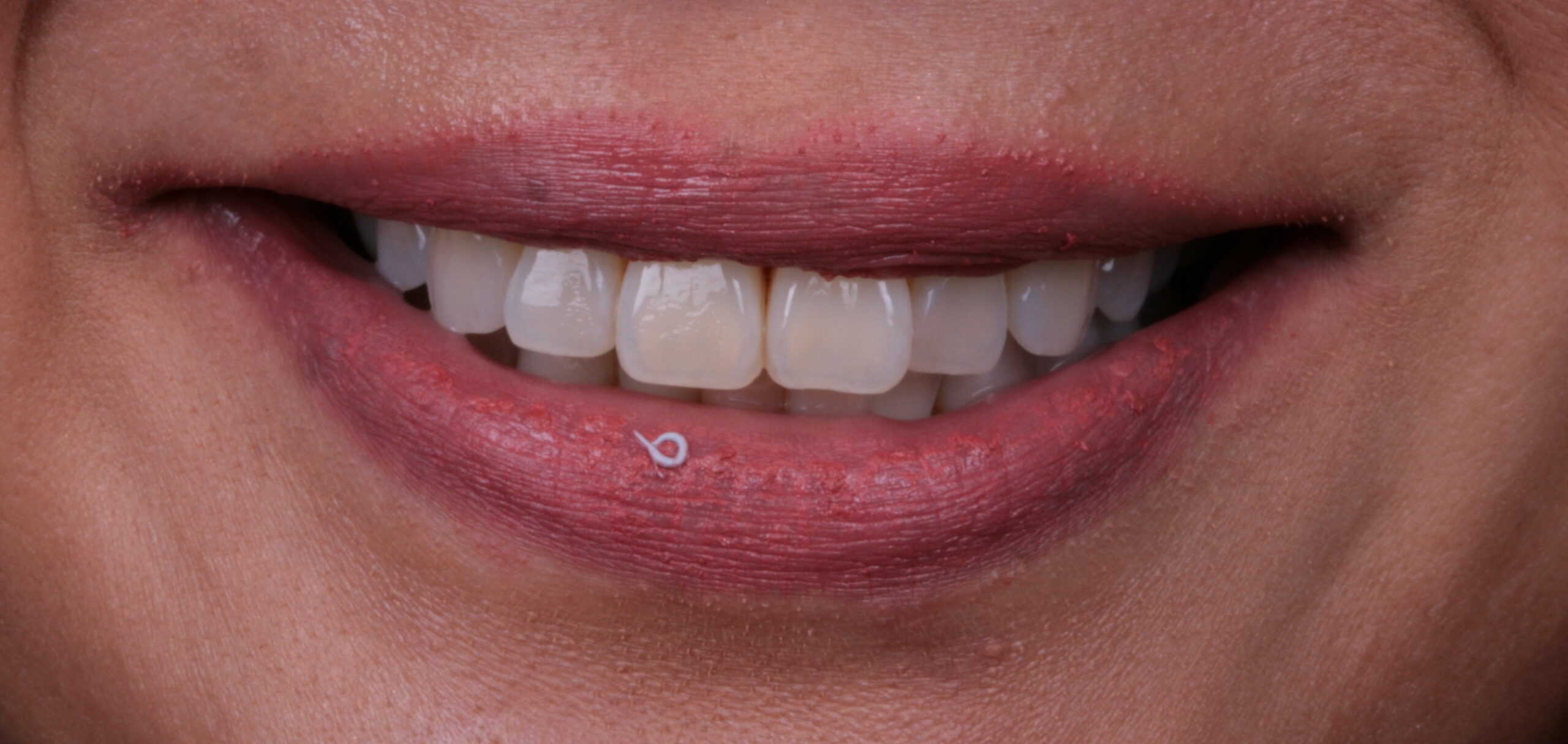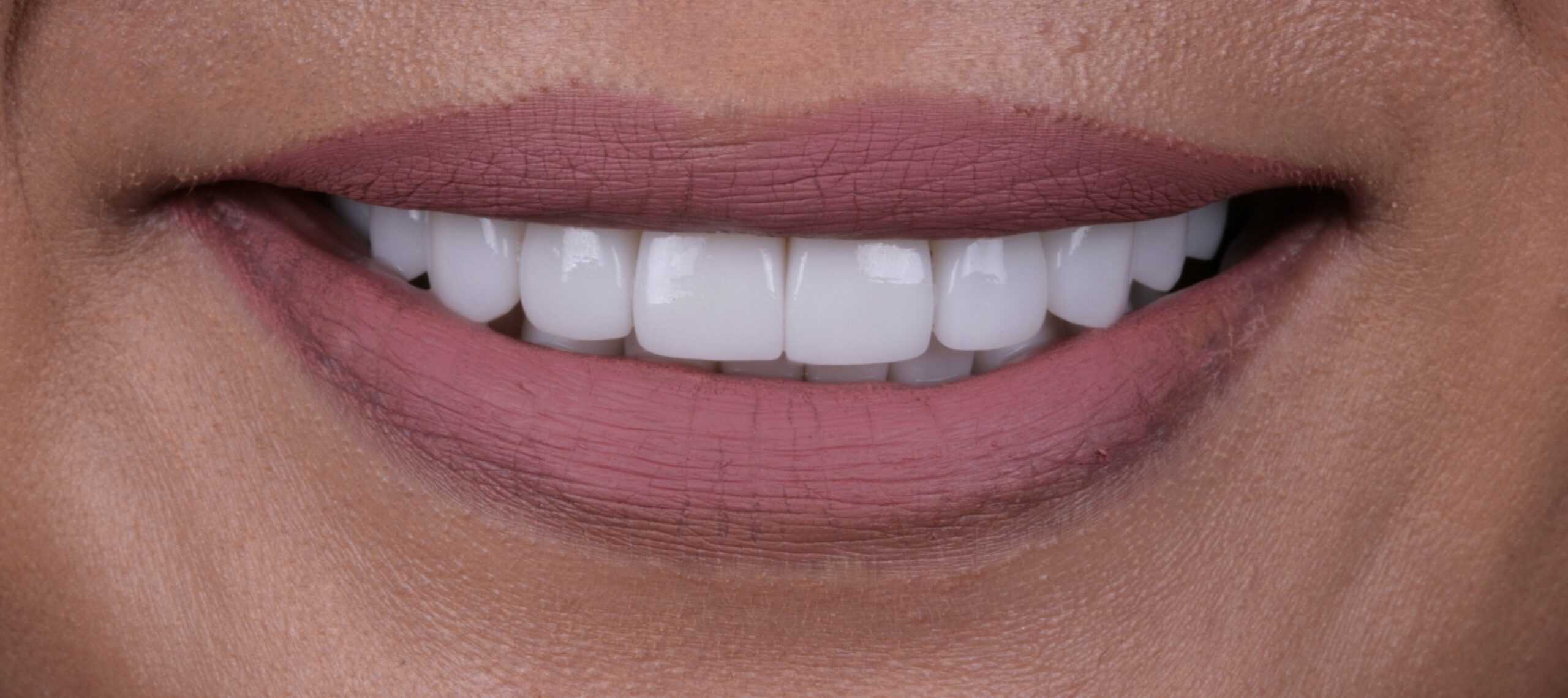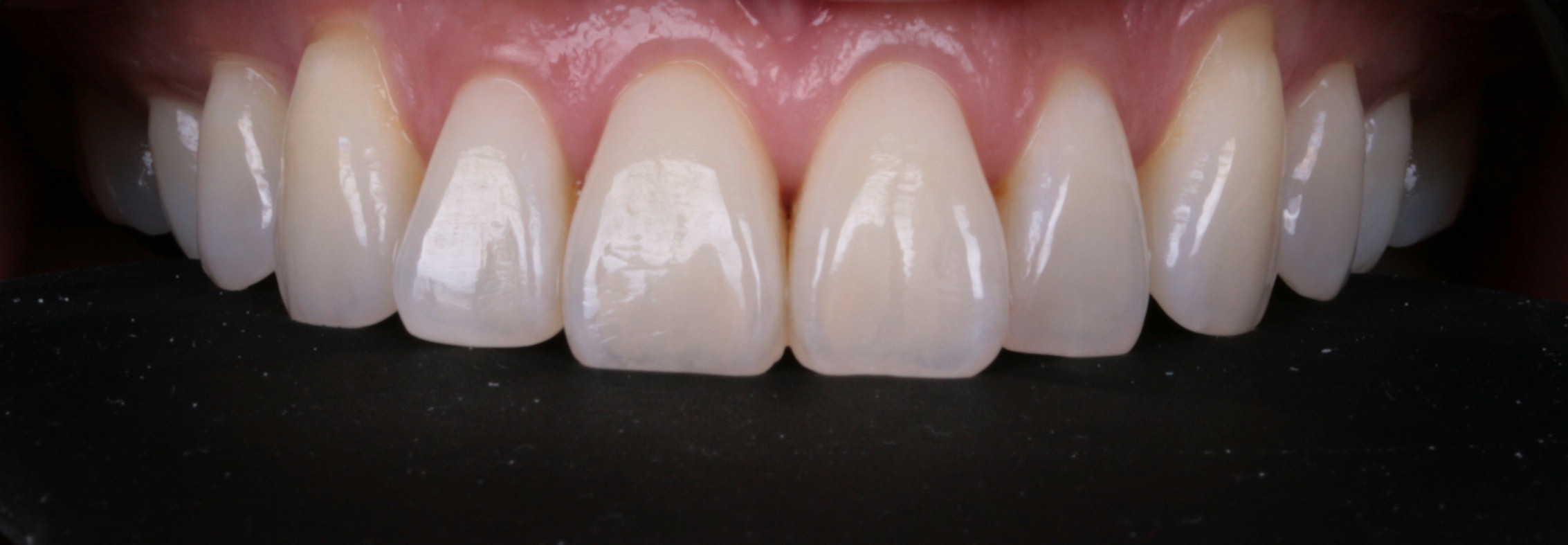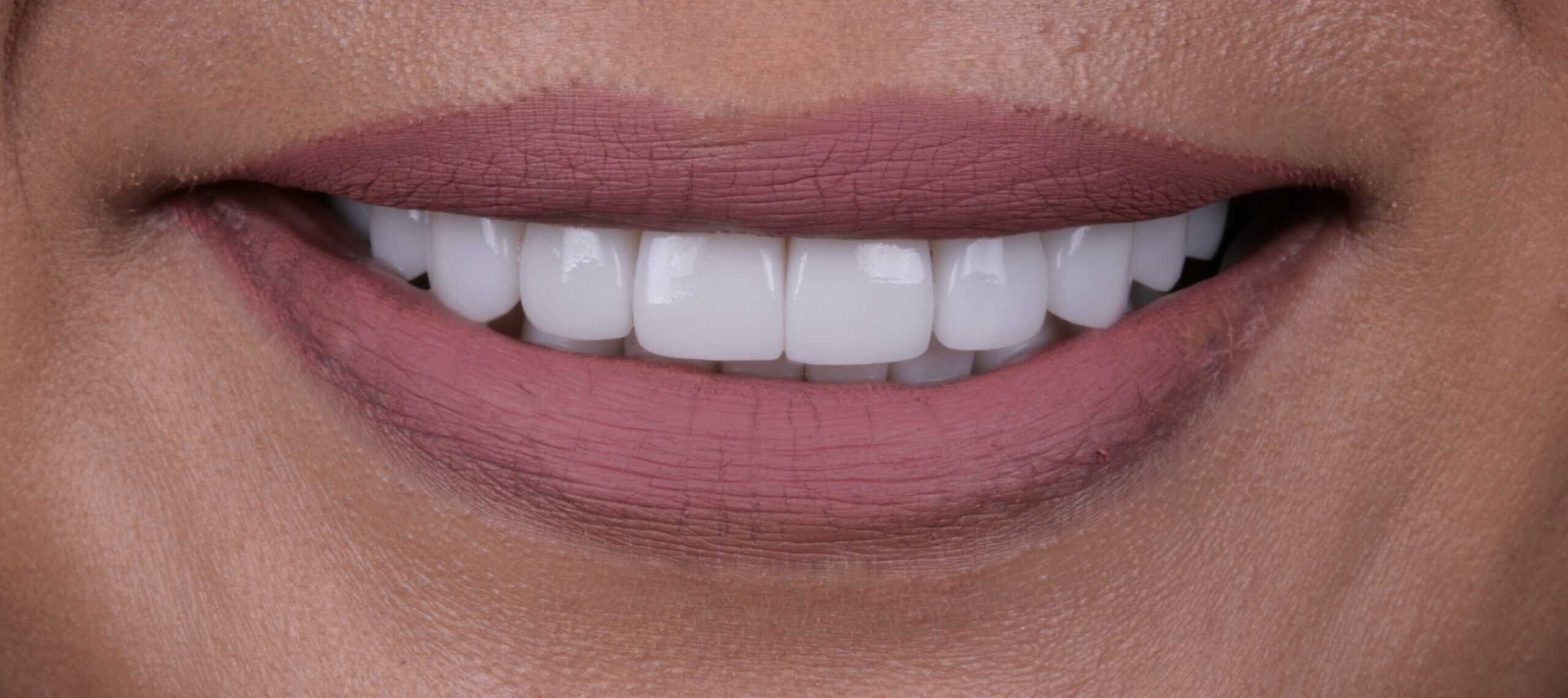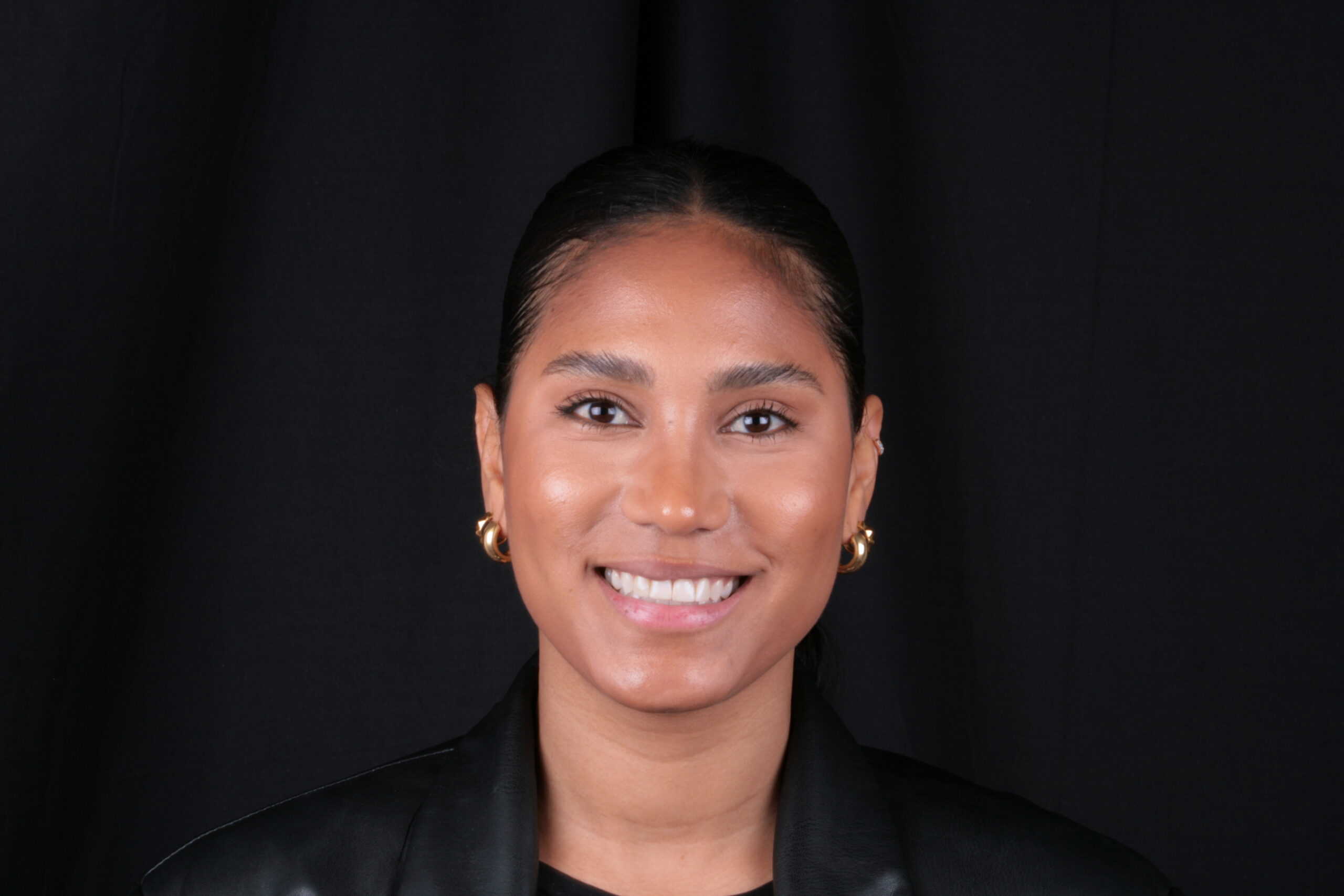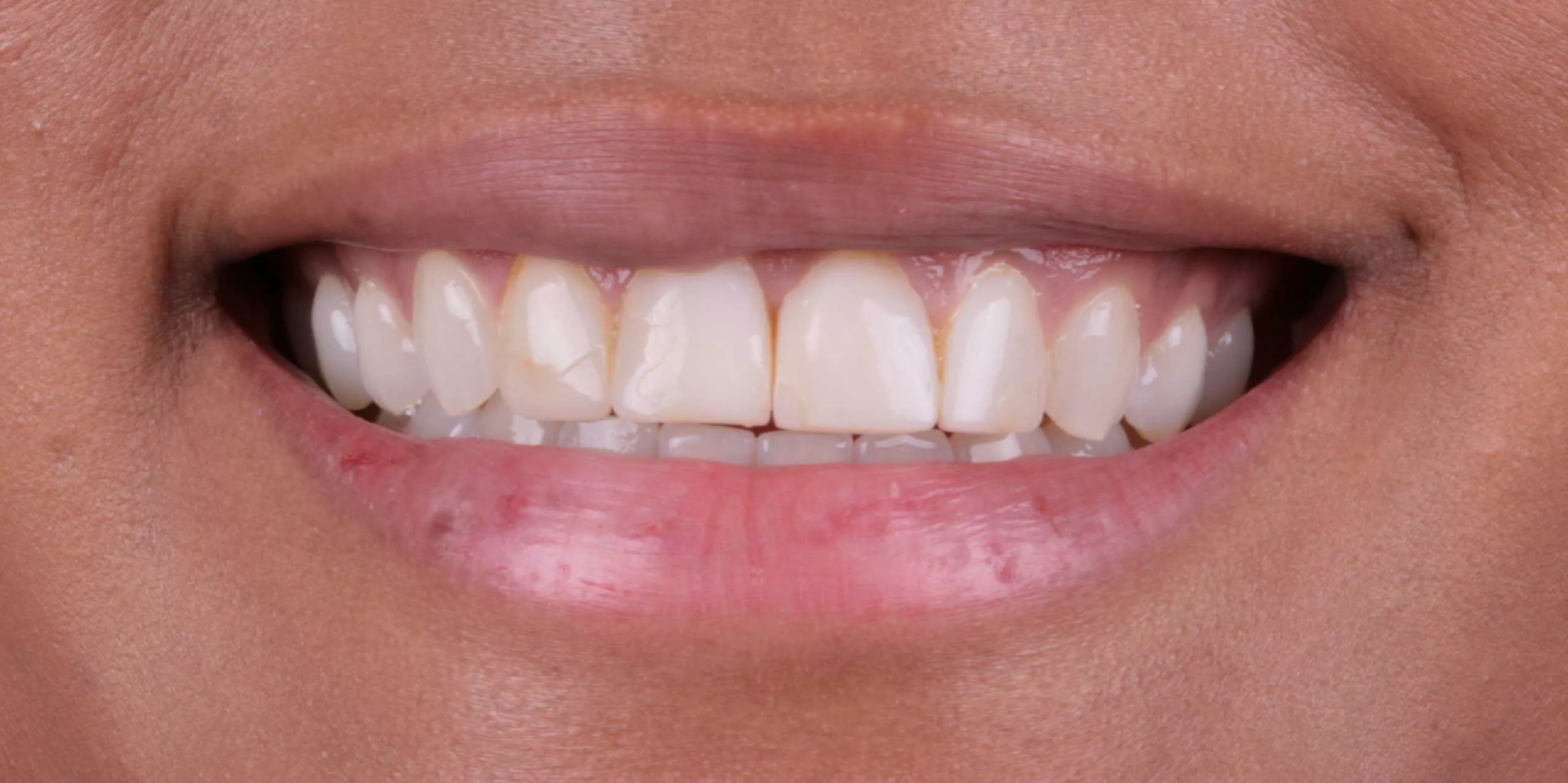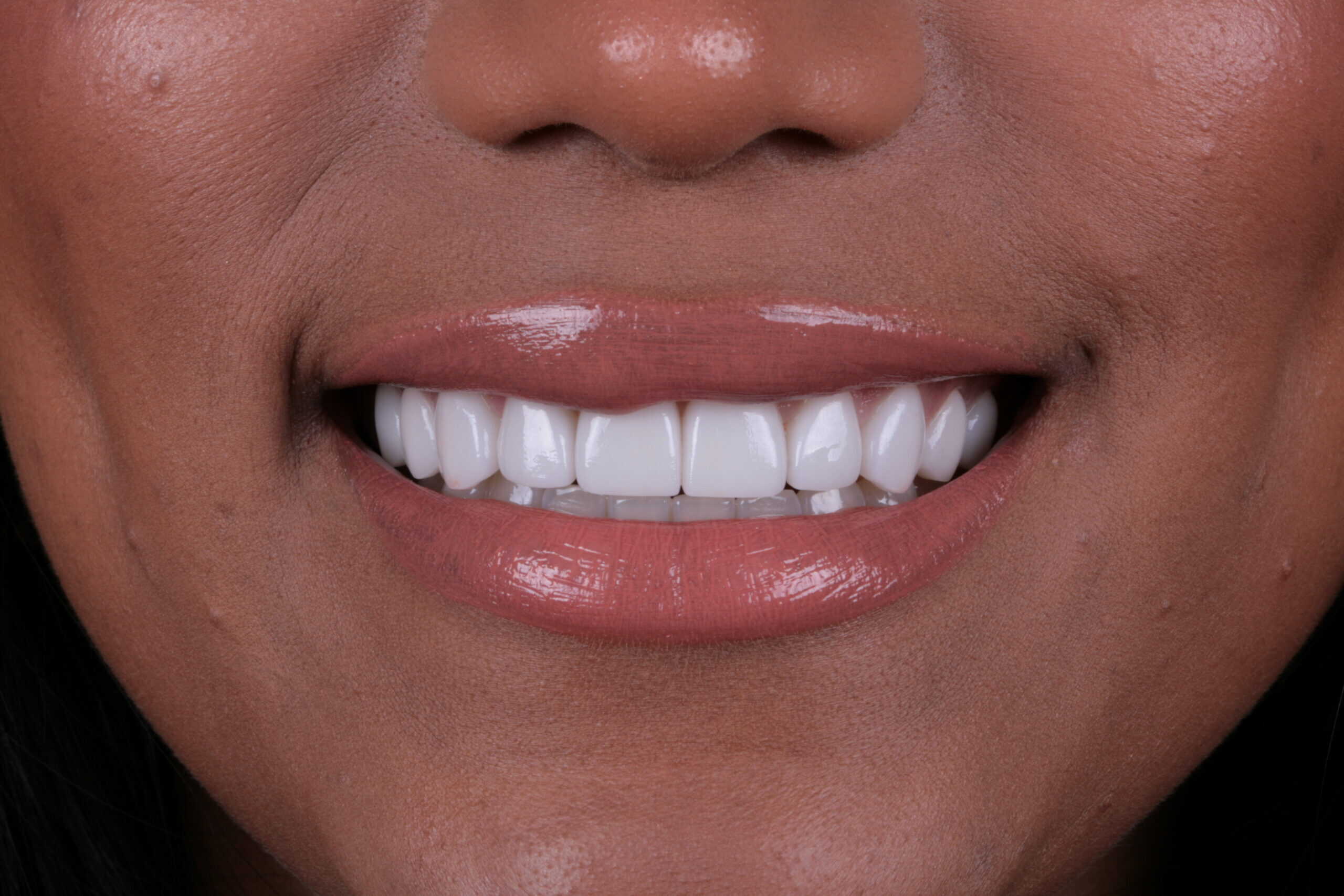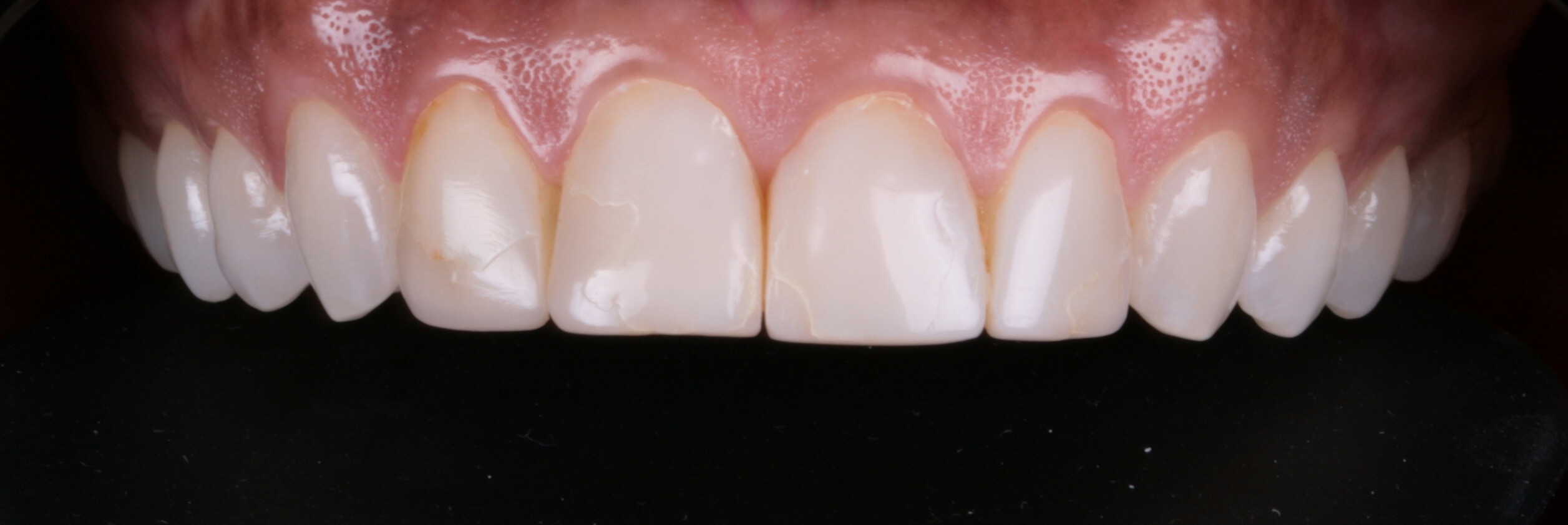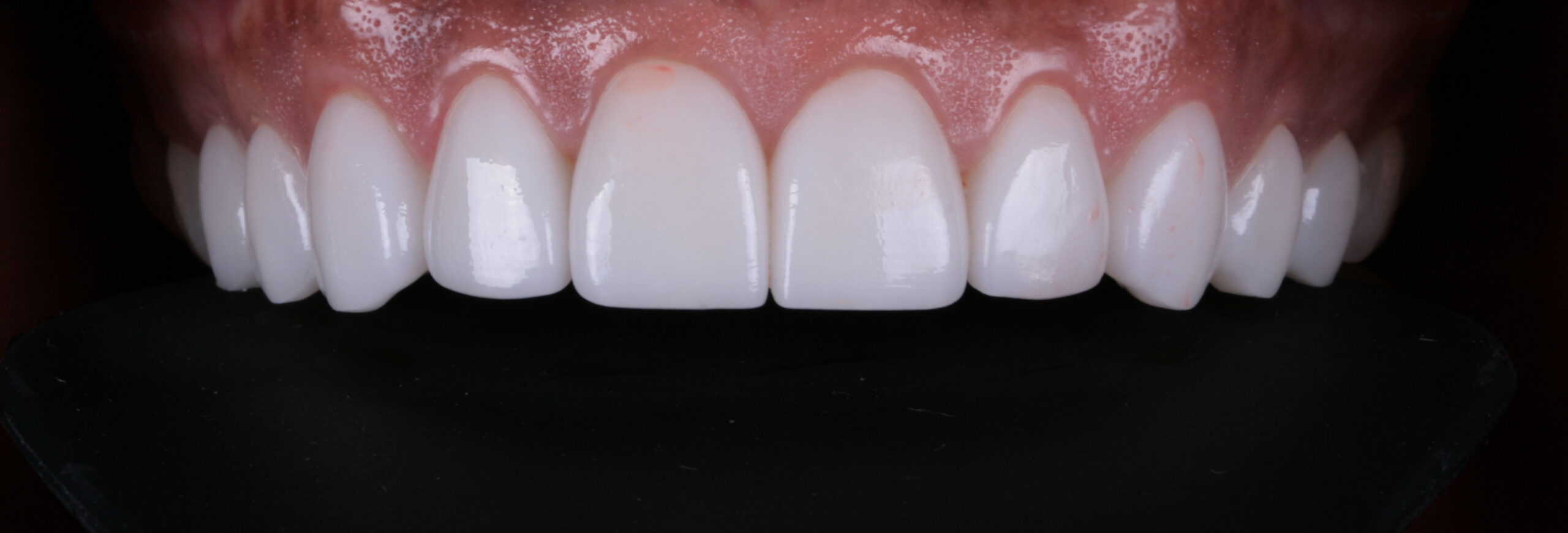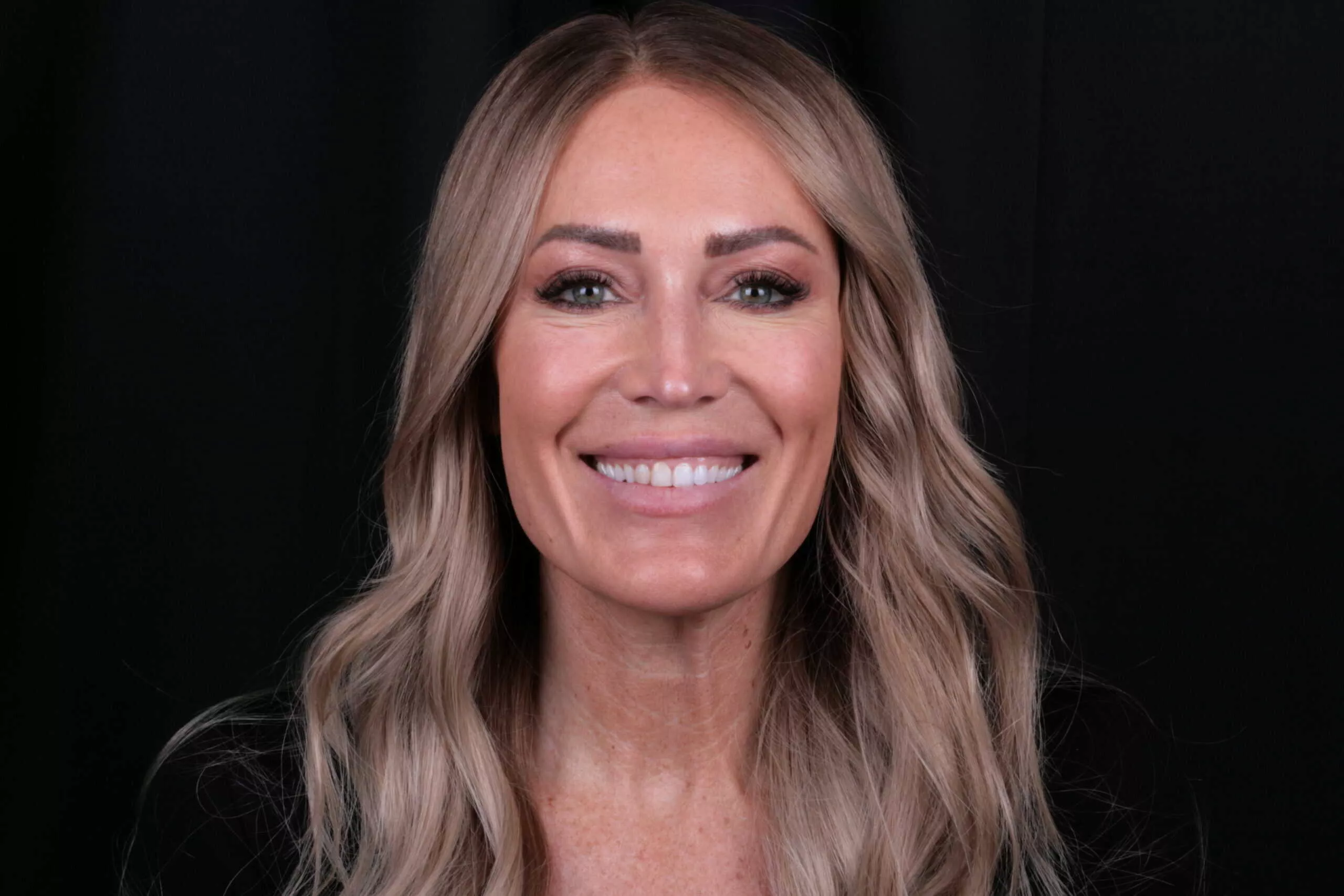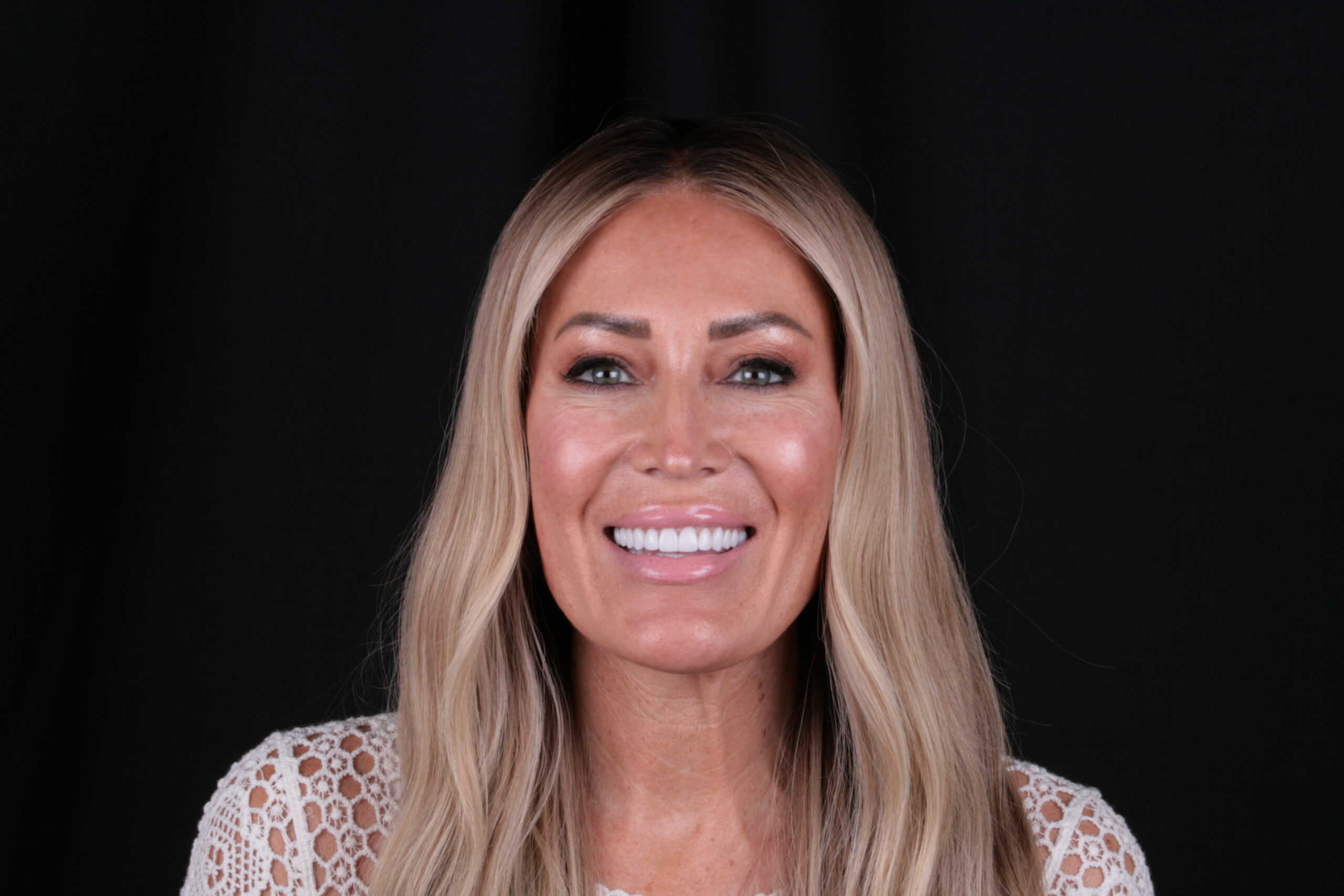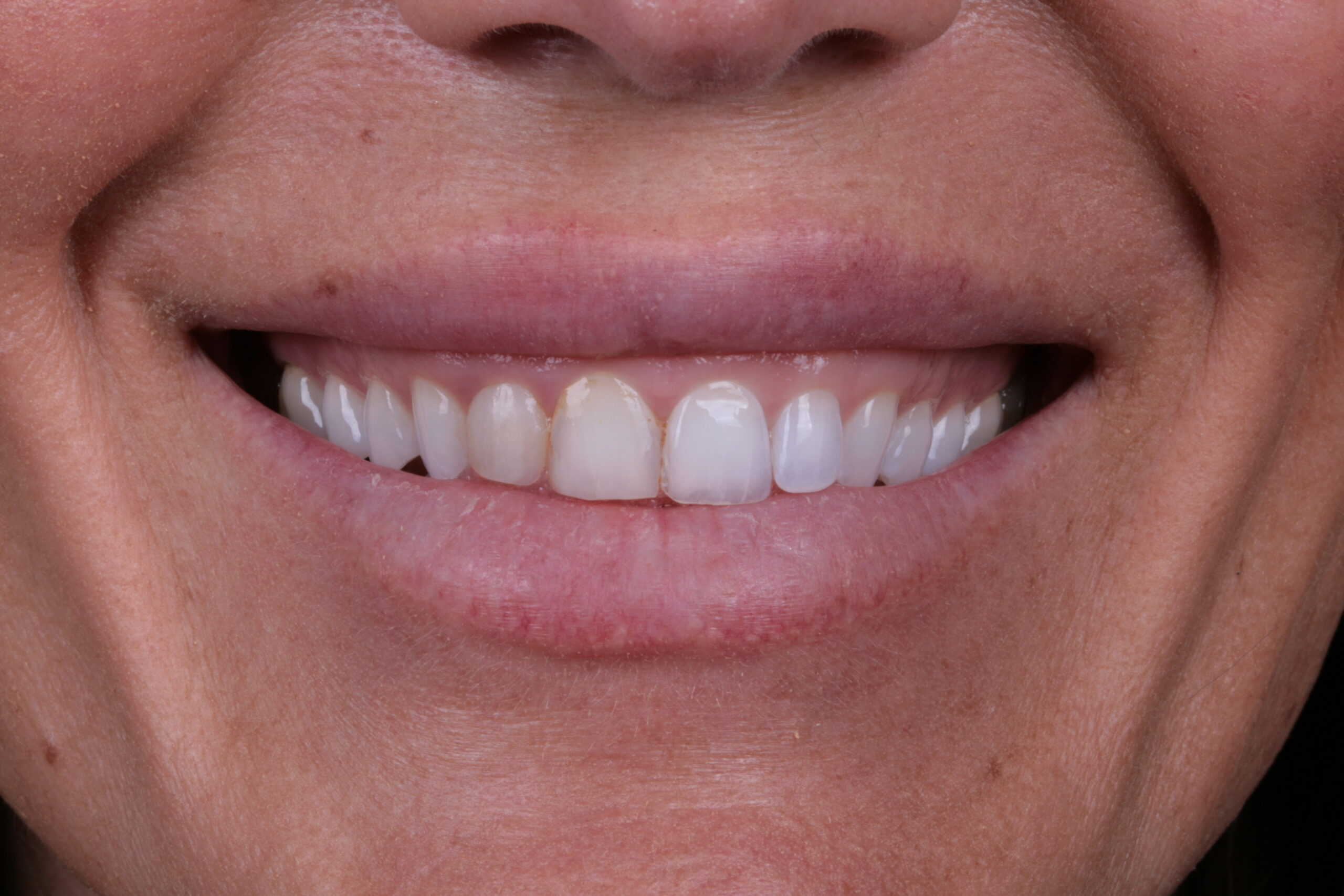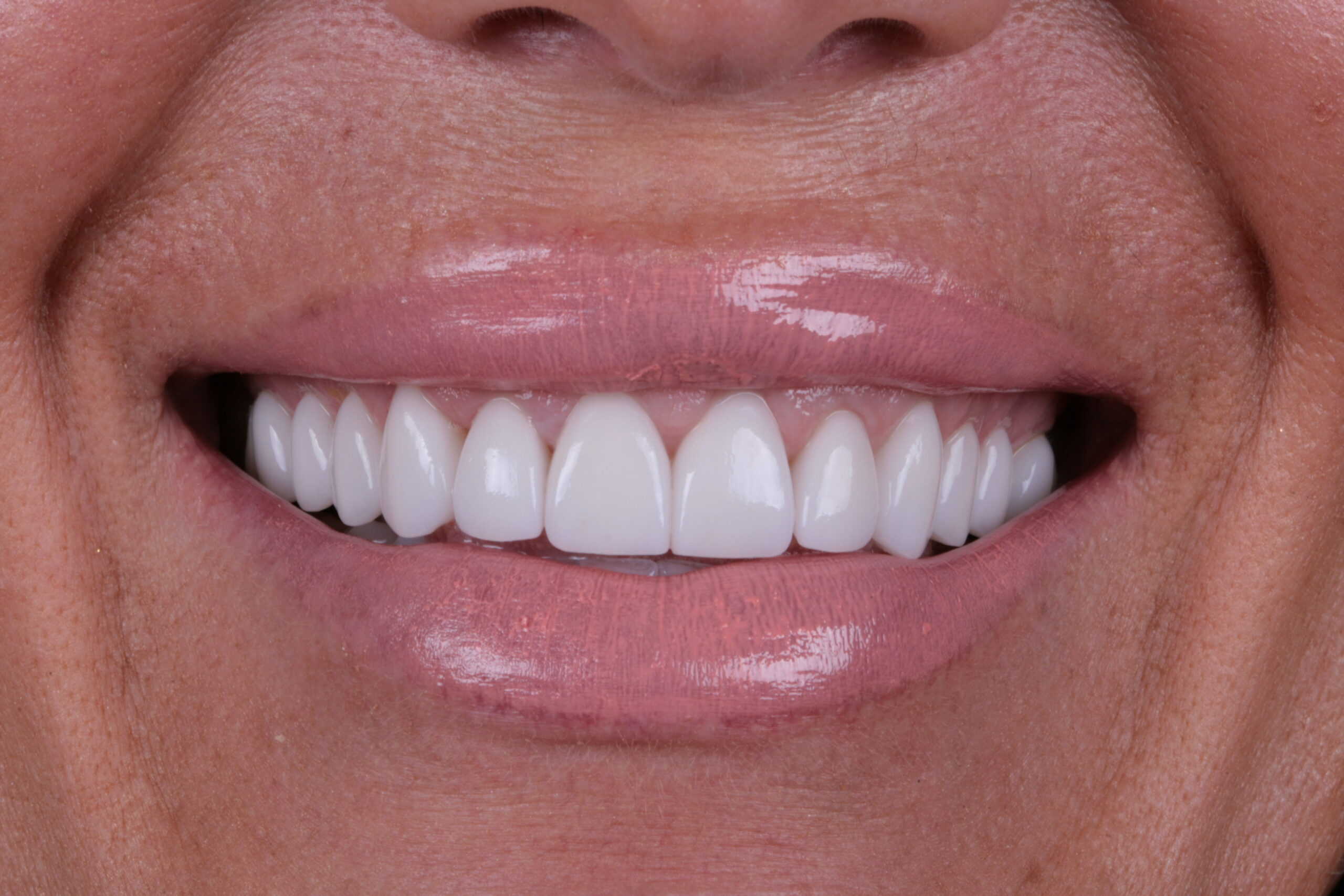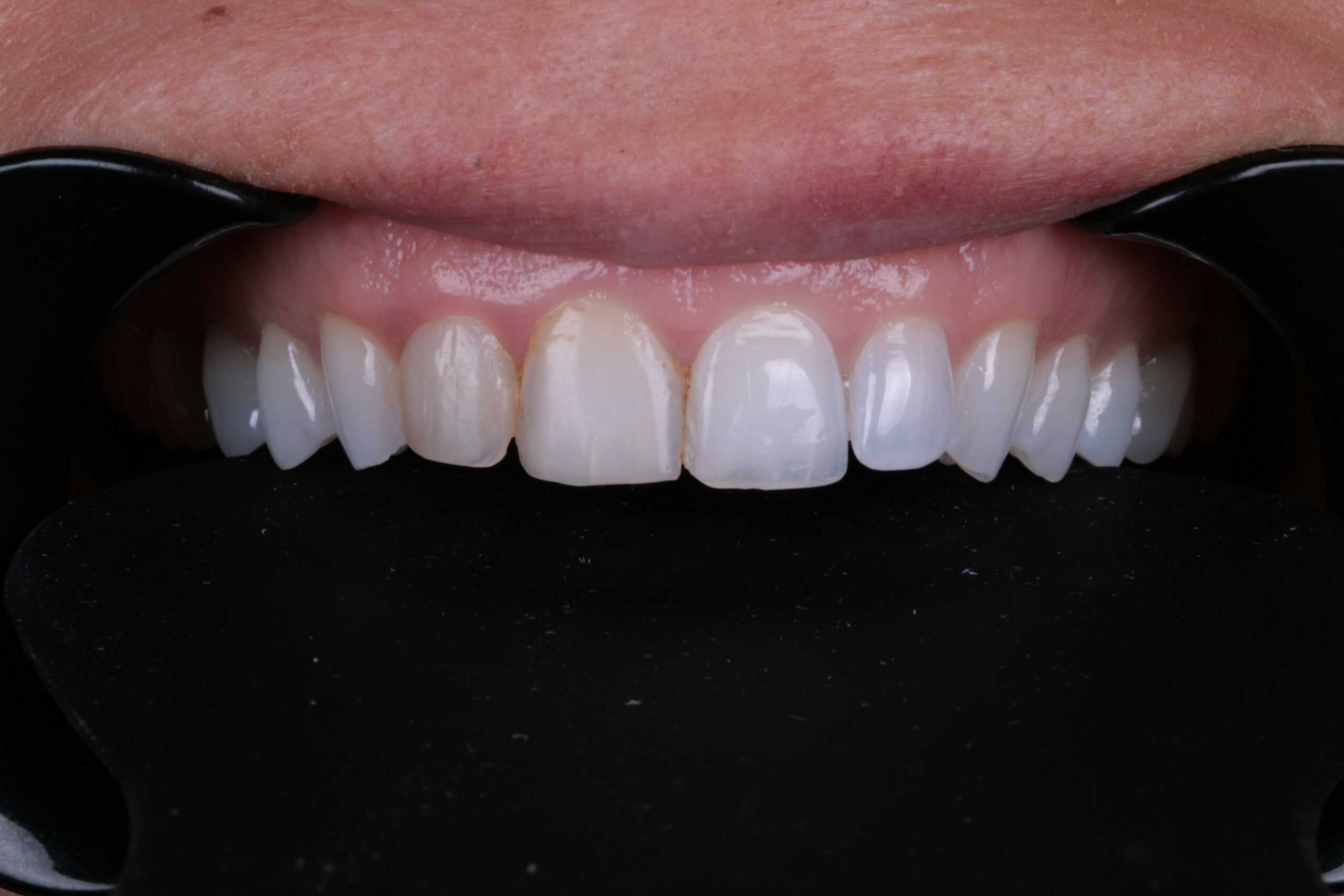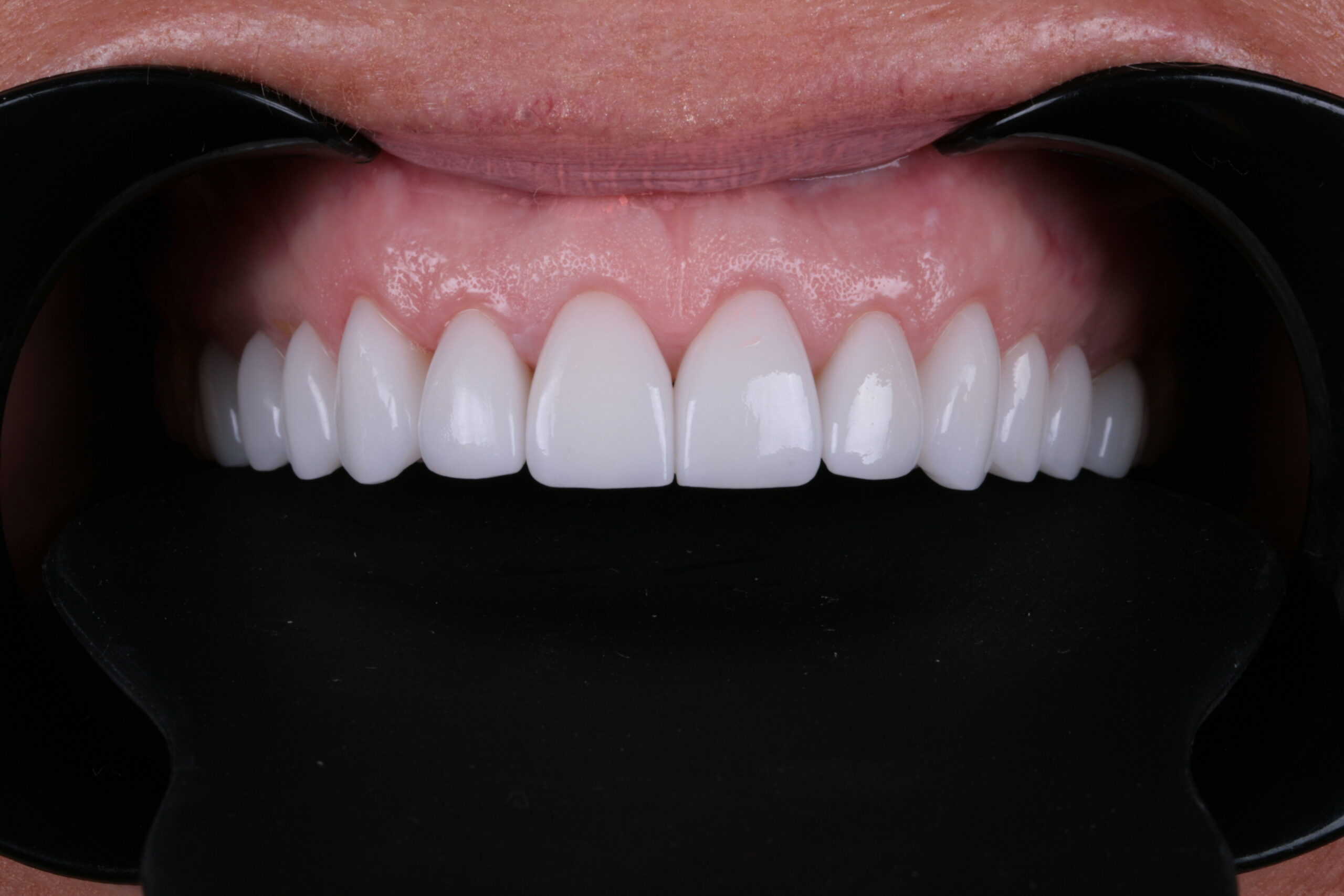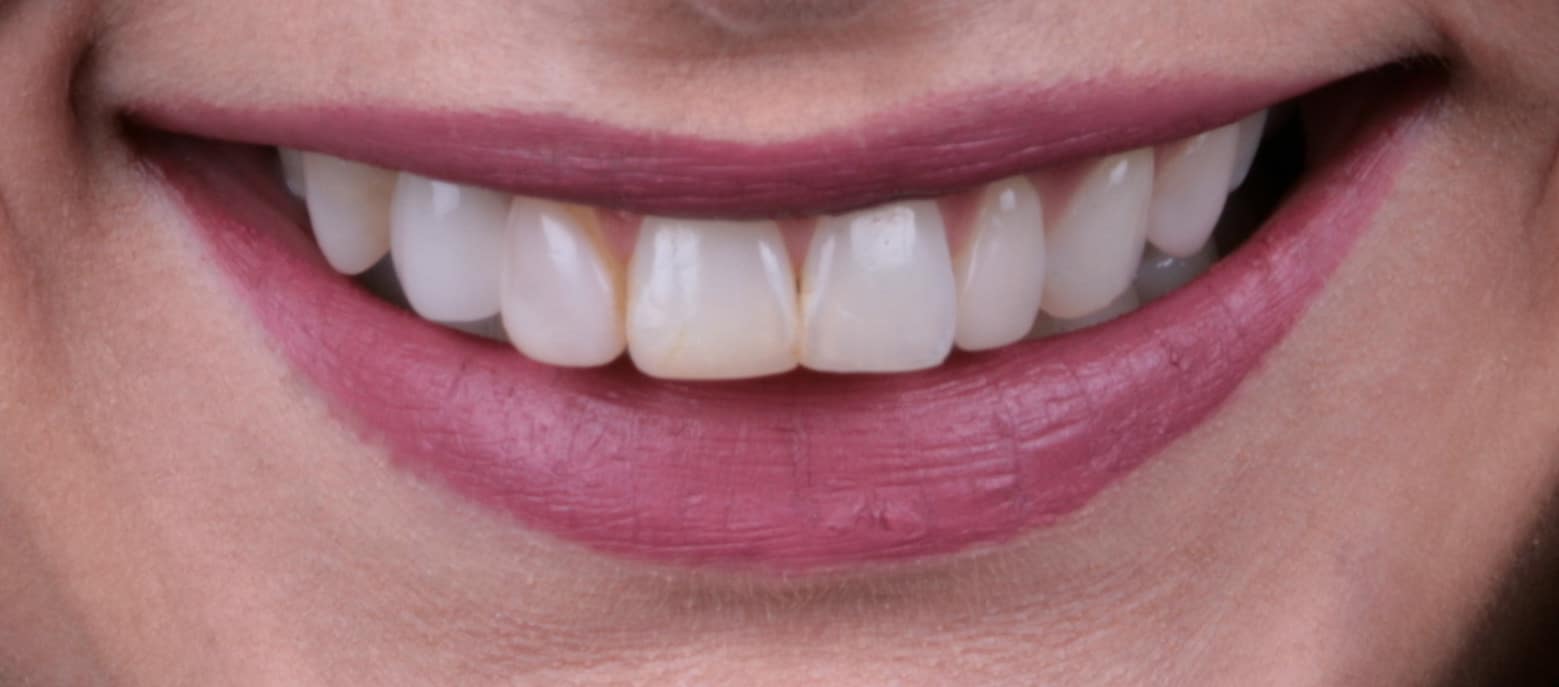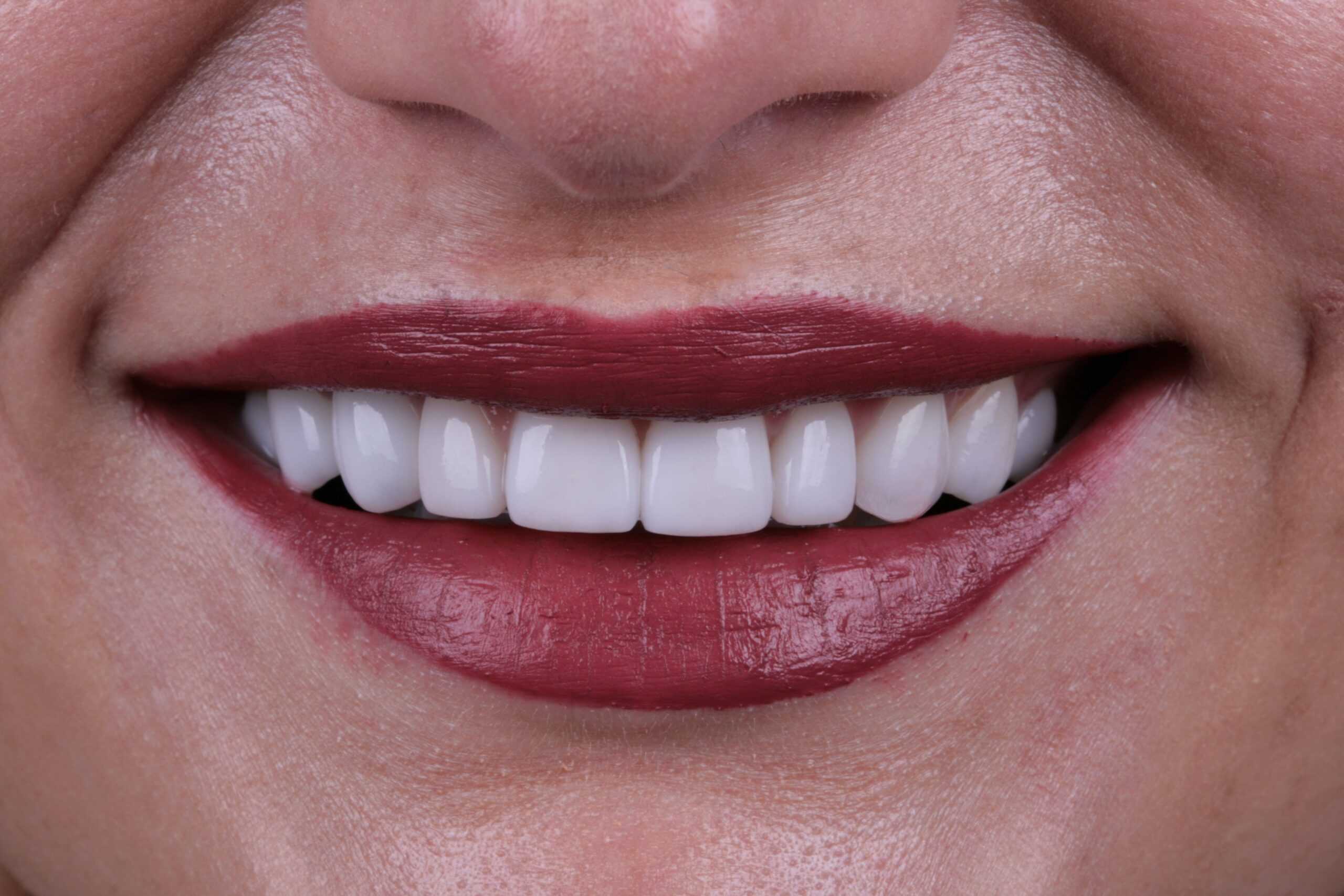 Caring for your teeth is no less important than taking care of any other part of your body. But what is oral hygiene? Oral hygiene is the process in which one cleans and takes care of their mouth, teeth, and gums.
Caring for your teeth is no less important than taking care of any other part of your body. But what is oral hygiene? Oral hygiene is the process in which one cleans and takes care of their mouth, teeth, and gums.
There are three ways that you can optimize your oral health:
1. Brushing & Flossing
Brush your teeth at least twice a day and floss.
Your teeth are just like any other part of your body; they get dirty and need to be cleaned. Throughout a day of eating and drinking food particles get stuck to our teeth, tongue, and gums and need to be removed.
In addition, brushing your teeth helps remove and reduce the buildup of plaque on them and helps keep them healthy and white.
Brushing cannot always reach in-between teeth and so flossing is essential, especially for gum health. A large amount of bacteria and plaque can also build up on your tongue. Brushing your tongue either with your tooth brush or a tongue scraper will help remove this and also reduce the occurrence of bad breath.
2. Modify Your Diet
Avoid foods that cause tooth decay.
It is a misconception that only foods high in sugar or snacks like candy cause cavities. The reality is the typical sugars in these are not the main component in cavity formation. The culprit tends to actually be sticky carbohydrates such as those found in things like potato chips and sometimes grains.
Because these are “sticky” they do not readily come off your teeth and remain in your mouth if not removed. By avoiding these foods, reducing their consumption, or more importantly brushing after eating you can reduce the likelihood that these will cause cavities and poor oral hygiene.
3. Be Aware
Be conscious of your mouth.
Some people think that persistent bad breath, bleeding gums during brushing, or tooth aches are normal occurrences. They are not abnormal, meaning they are common, but they are signs that something is wrong in your mouth.
In general, your gums should not bleed during brushing. The reason this happens can range from having an improper sized tooth brush to having a gum disease.
Persistent bad breath is also a sign that something is wrong. If you find yourself constantly trying to mask your bad breath than you may have an oral health concern that needs to be addressed.
Finally, tooth aches are similar to all other aches and pains we get; they are signs that something is injured or wrong. By being aware that these things are symptoms of greater problems you can then take the next step to remedy them; see your dentist.
A dentist is professionally trained to handle oral hygiene related issues. They can suggest or prescribe methods for treating numerous oral health related ailments and are considered the leading experts on the subject. Regular visits to a dentist for checkups and/or cleanings are highly suggested as they will keep you and your dentist on top of your oral hygiene, likely preventing the development of serious oral health issues.




